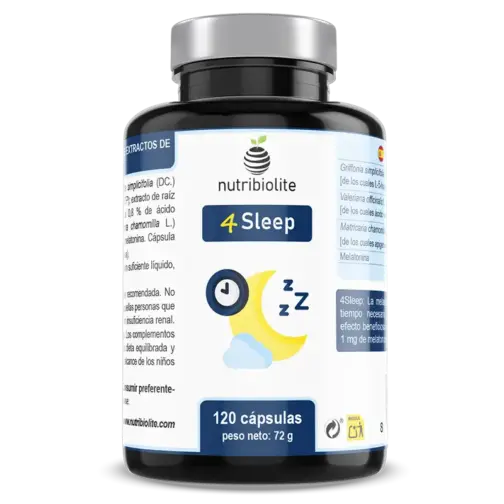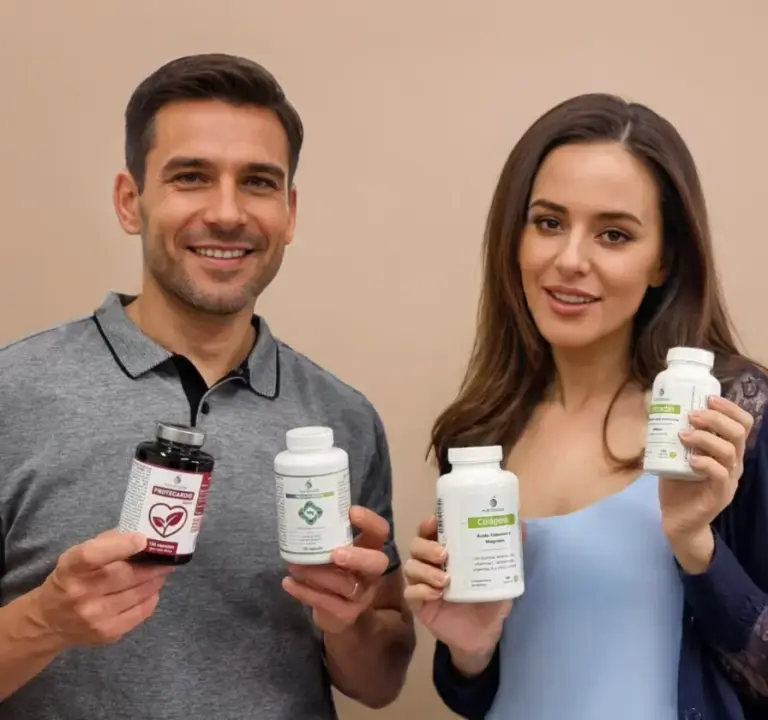Is sleeping better with melatonin as easy as it sounds? A new study from the Feinstein Institutes for Medical Research in New York, published in JMIR Formative Research in 2025(access the full study here), looked at whether melatonin supplements really do improve sleep in adults who reported difficulty sleeping. Sixty people participated for almost three months, testing 0.5mg and 3mg doses of melatonin against placebo, using sleep clocks and diaries to assess changes.
The result was clear: melatonin did not produce significant improvements in sleep duration or sleep quality over placebo. The authors, independent and without commercial conflict of interest, conclude that although the intervention was safe and accepted, the objective benefits were minimal.
What does this mean for those seeking deeper rest? In adults with mild insomnia or sleep difficulties, taking melatonin in usual doses may not substantially change hours slept or well-being upon awakening. The effect was consistent, with no major differences between individuals or between doses.
Although melatonin is a key hormone in regulating our biological clock, its supplementation in isolation appears to have limited impact in the absence of a clear circadian rhythm mismatch.
The real role of melatonin, when it makes sense and when it doesn’t
Melatonin is a nocturnal signal: it is released in the dark and helps the body understand that it is time to rest. Factors such as long journeys, night shifts or hormonal changes can reduce its production and make it difficult to initiate sleep.
The study shows that, except for these specific scenarios, adding external melatonin does not always translate into more sleep. In other words, for those who have regular schedules and a stable night-time routine, it is still essential to take care of habits: eat a light dinner, reduce artificial light and avoid screens before going to bed.
Quiet nights require more than a pill
The body rests best when it receives clear signals: darkness, silence and a calm mind. Supplements can be useful as a one-off support, but they are no substitute for a consistent routine, nor do they compensate for accumulated stress or poor diet.
Researchers point out that the impact of melatonin is greatest when there is a misalignment of the internal clock, such as with jet lag or jet lag. For everyone else, maintaining regular schedules and creating a relaxing environment remains the basis for restful sleep.
How 4Sleep fits into a science-based night-time routine
At times when the circadian rhythm becomes disharmonious, such as after periods of stress, travel or during hormonal transitions, physiological support can be helpful. 4Sleep, developed by Nutribiolite, follows this logic: it combines melatonin (1 mg), recognised by European evidence as a signal to initiate rest, with 5-HTP extracted from Griffonia simplicifolia, a direct precursor of serotonin and melatonin. It also includes standardised extracts of valerian and chamomile, plants traditionally used to induce calm without generating dependence.
Thus, 4Sleep accompanies the natural physiology of sleep by supporting both the nocturnal signal and the internal relaxation mechanisms. It is not a magical solution, but an ally for those seeking to reinforce healthy habits and synchronise their rest when routines alone are not enough.

Melatonin 1 mg and 5-HTP with relaxing plants.
Frequently asked questions about melatonin and 4Sleep
When is it useful to take a supplement like 4Sleep?
It makes sense to use a supplement such as 4Sleep when the natural sleep rhythm is disturbed and habits alone are not sufficient to restore it. Situations such as prolonged stress, long journeys with jet lag or periods of hormonal imbalance can affect the biological clock. In these cases, 4Sleep provides physiological support thanks to its combined formula.
Does melatonin produce dependence or a hangover effect?
No. Melatonin used in physiological doses (1 mg) does not cause tolerance or dependence and does not leave a feeling of drowsiness upon awakening. The plant extracts included do not cause habituation either.
Why does it include 5-HTP in addition to melatonin?
5-HTP is a direct precursor of serotonin and melatonin. Its inclusion promotes a more natural transition to rest, reinforcing the biochemical chain without overloading the system with high doses of melatonin.
Can I take 4Sleep with foods rich in tryptophan?
Yes, foods such as nuts, oats or bananas provide tryptophan, which initiates the natural chain towards serotonin and melatonin. 4Sleep complements this physiological process when you need an extra boost.
How long can I use 4Sleep for?
You can take it for extended periods of time or just when you need it. It is designed to support rest without creating dependency, but it is always advisable to maintain healthy habits and to consult with your doctor if you have any personal questions.
This content is informative and does not replace the advice of a healthcare professional.
















